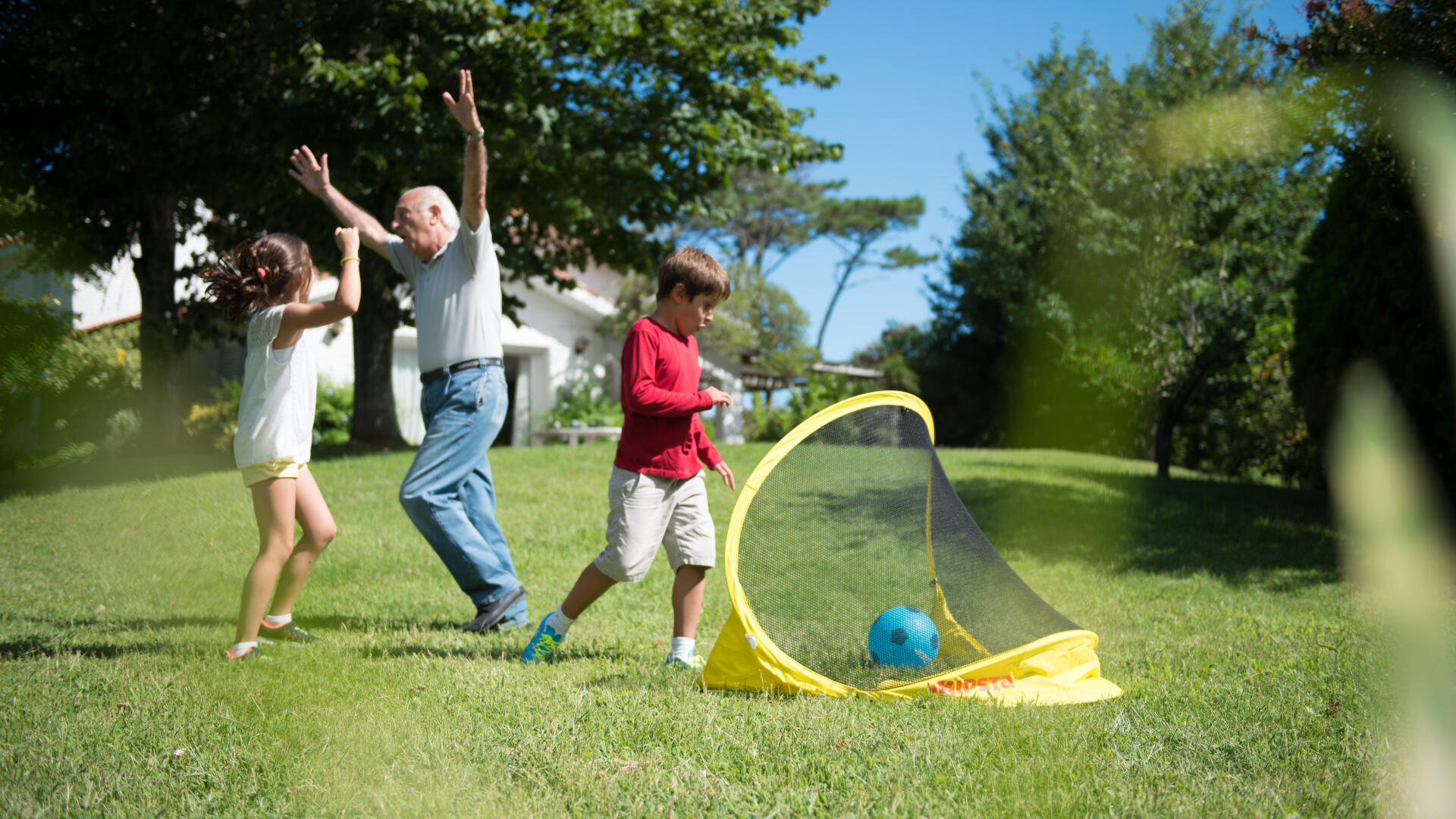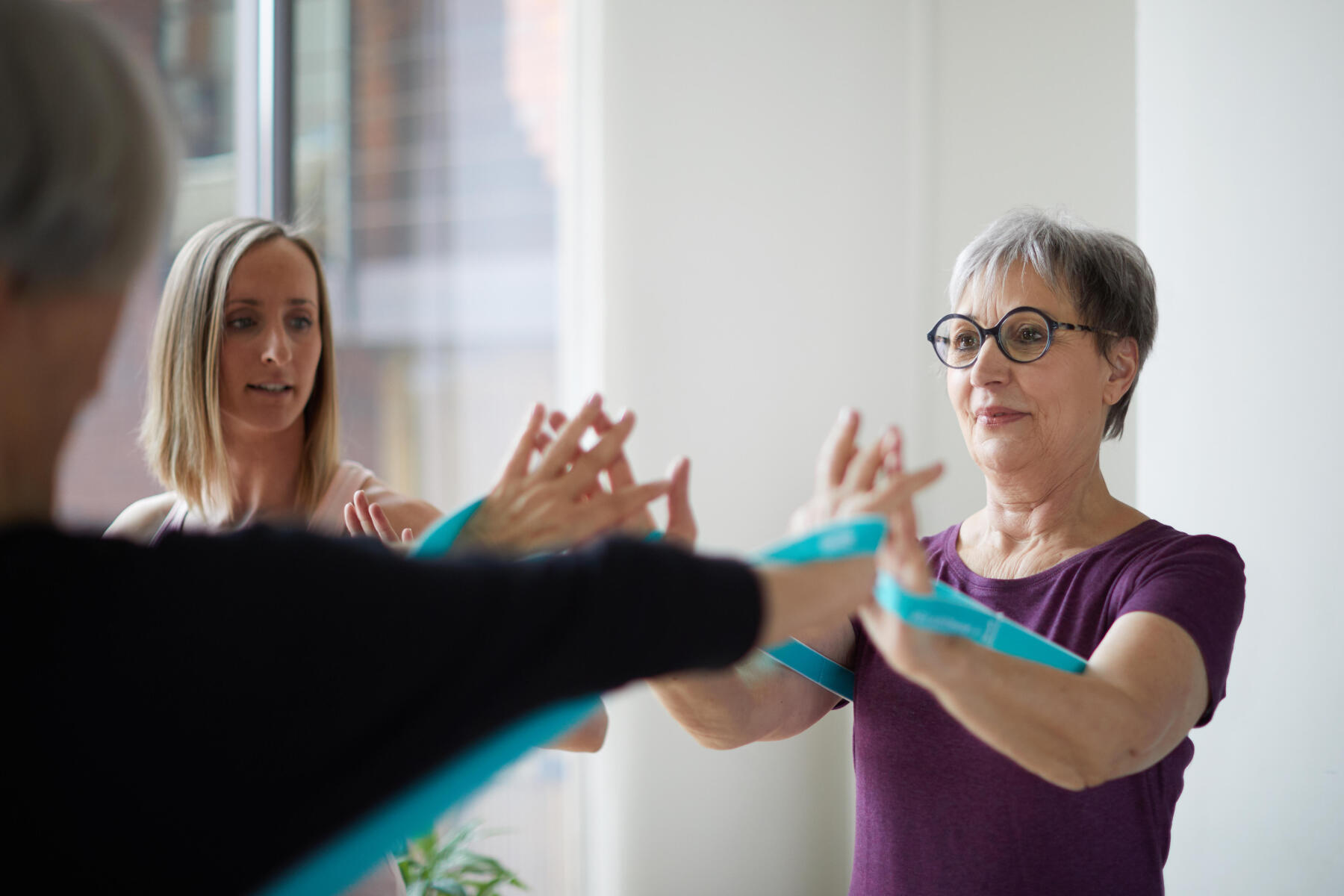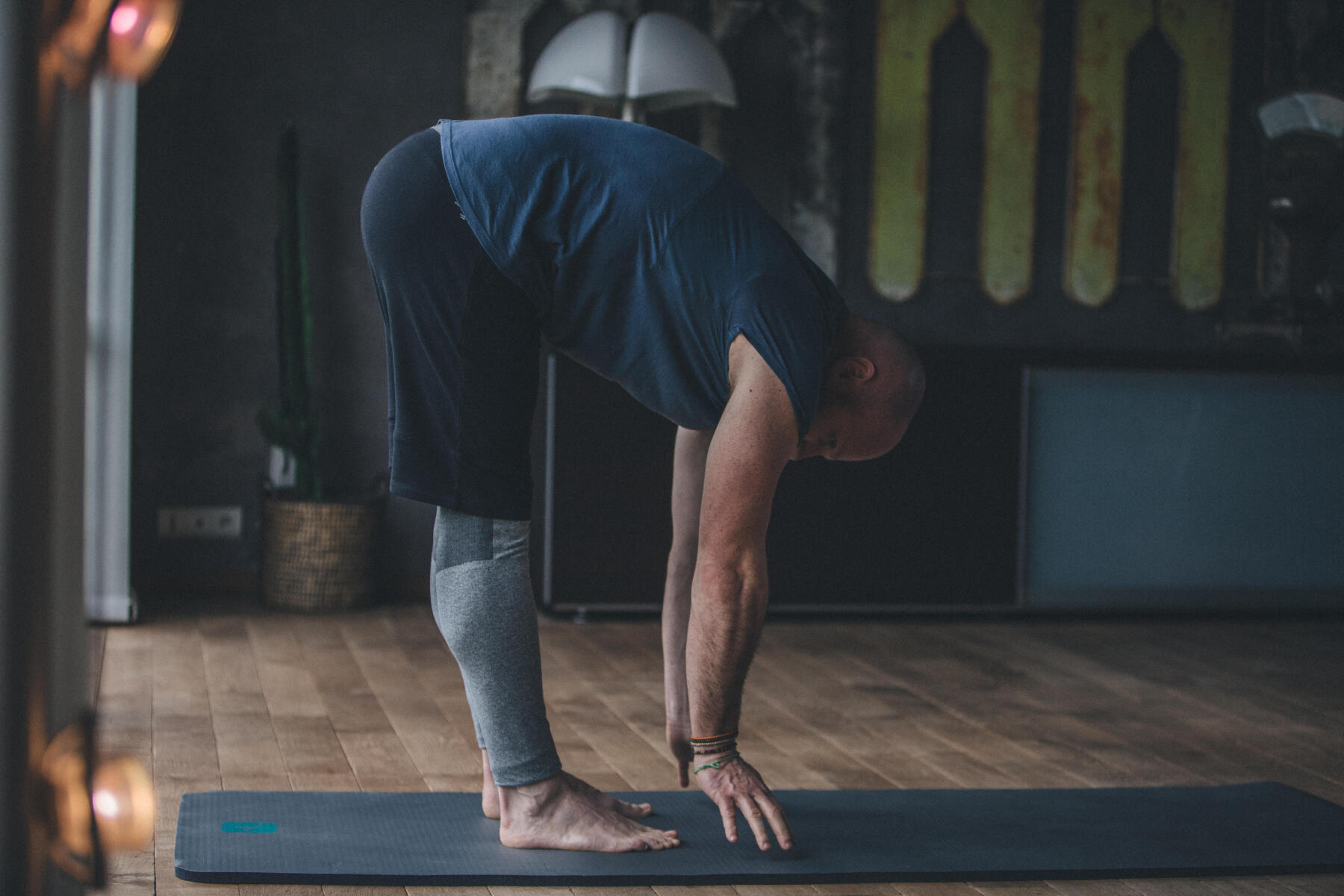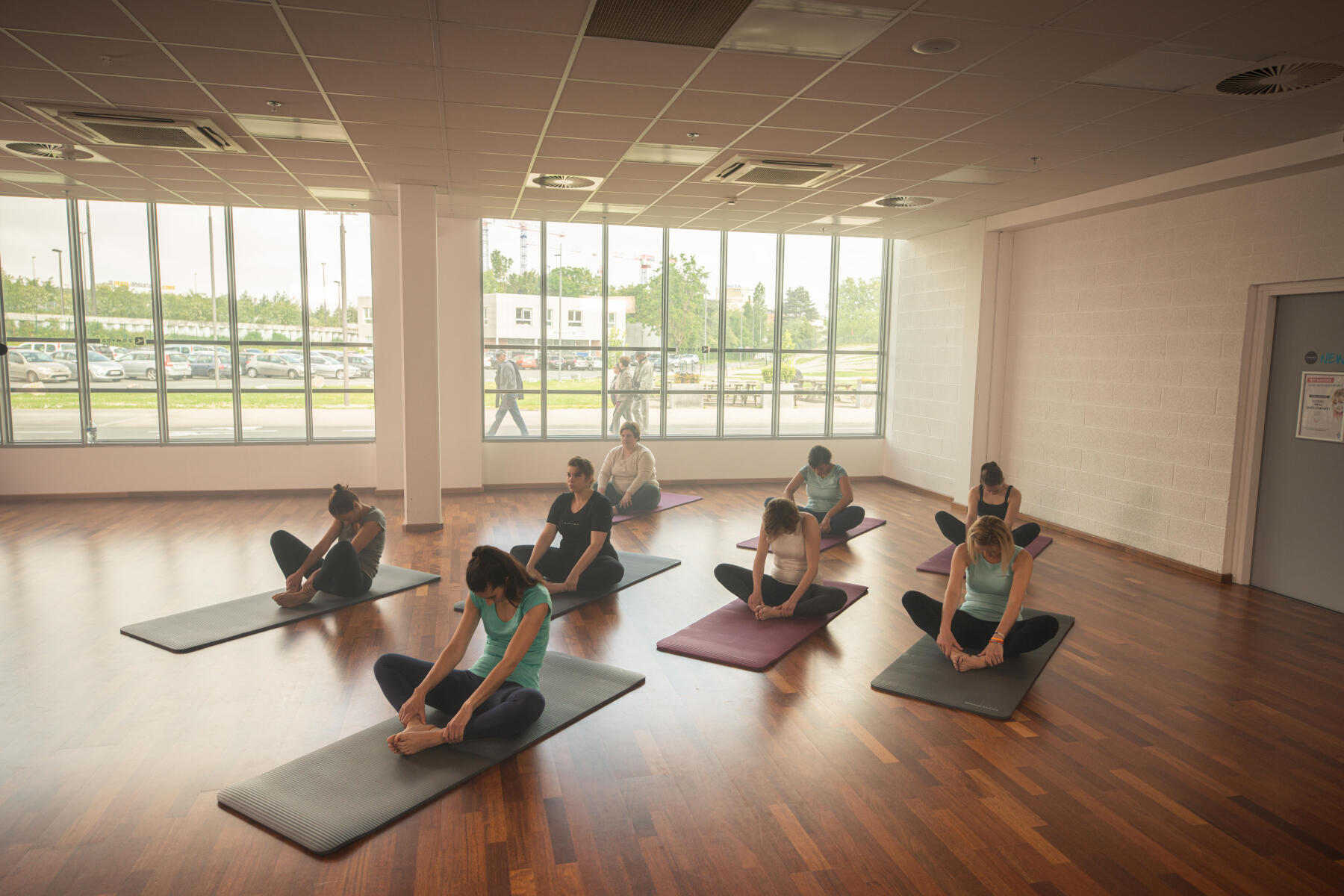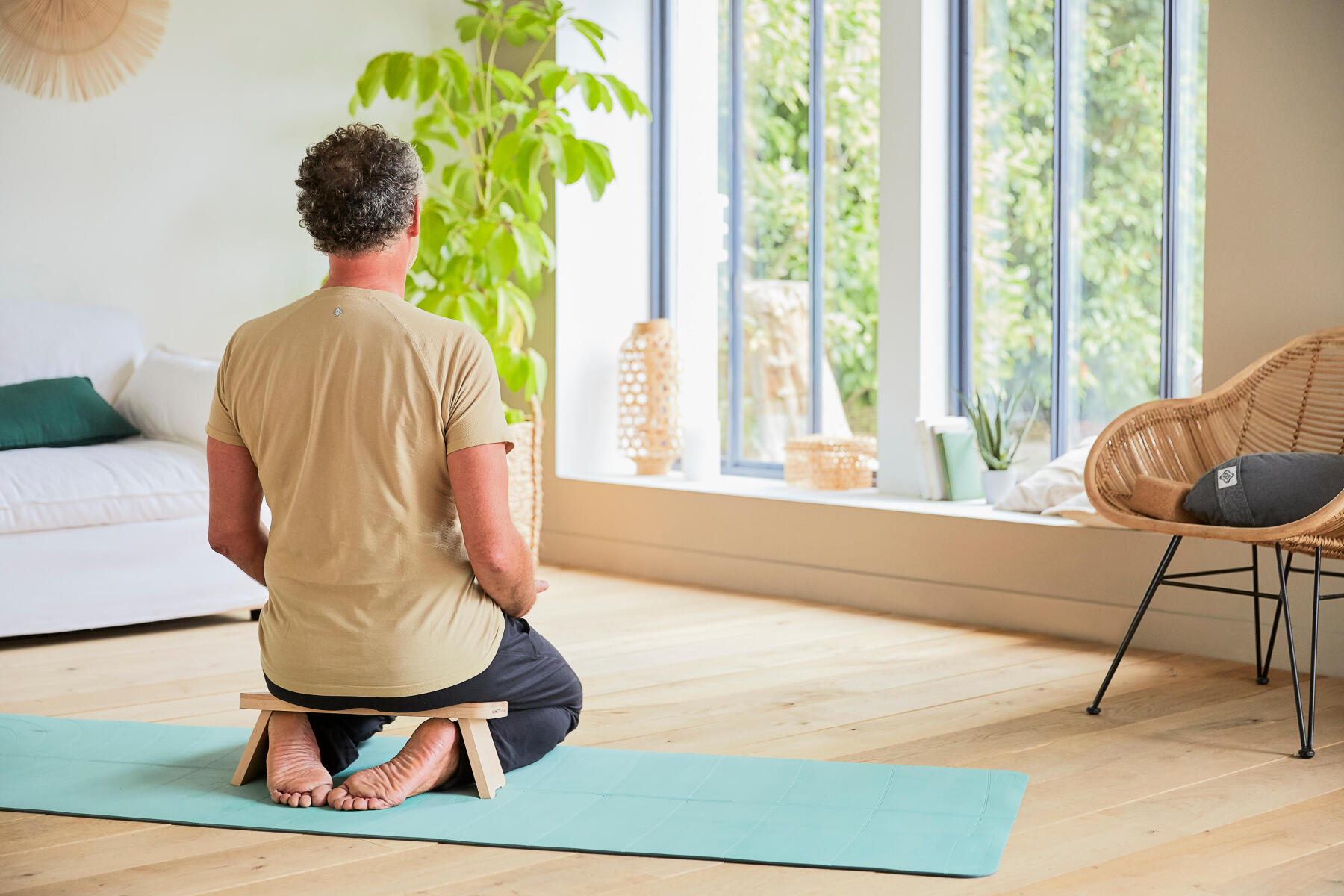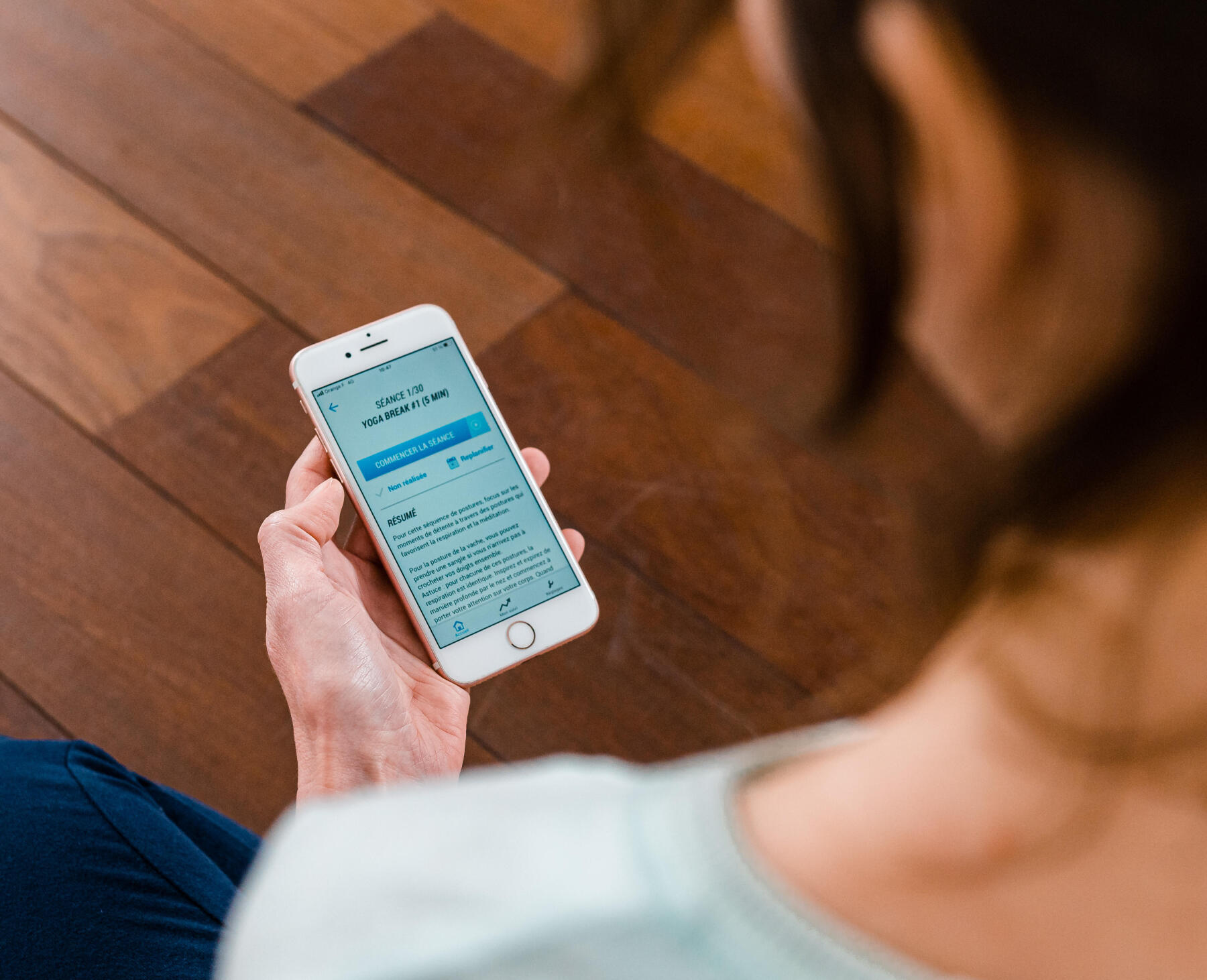What is ageing?
It doesn't mean wearing a velvet jacket with dandruff on your shoulders, watching the news at lunchtime and saying over and over again that "things were better in my day". No, that's just a stereotype.In all seriousness, though, ageing means that cells that have lived and worked well during your life are gradually starting to take a rest. It's your senses that feel it first.First there's presbyopia (long sightedness) to a greater or lesser extent depending on the individual, and then presbycusis (age-related hearing loss), which will come and tickle your ears. These declines (I tried to find a softer word, but couldn't) are linked to the ageing of the connections in the nervous system and also involve a slowdown in motor skills and memory loss.
What happens physically? Between the ages of 30 and 70, muscles lose half their weight and bone density decreases, leading to a loss of strength and balance and weaker joints. Similarly, the ribcage loses its elasticity, leading to a reduction in respiratory capacity.But let's put things into perspective: ageing is the same for everyone, and having an awareness of how your body changes, makes it easier to understand why sport helps us to age better.

